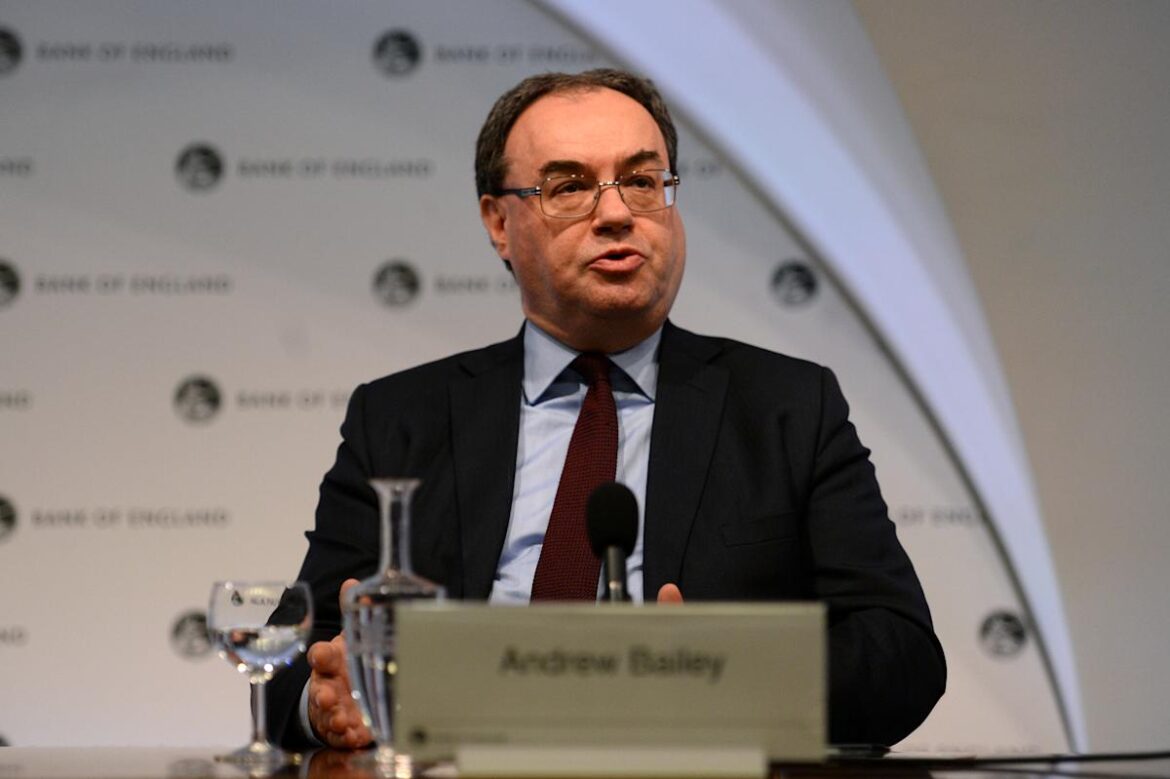 Bank of England Governor, Andrew Bailey, has expressed his belief that stablecoin-like digital money should not replace the current forms of money. In a recent discussion about the future of digital money and CBDCs, Bailey emphasized that CBDCs will play a crucial role in the future of money in all its forms.
Bank of England Governor, Andrew Bailey, has expressed his belief that stablecoin-like digital money should not replace the current forms of money. In a recent discussion about the future of digital money and CBDCs, Bailey emphasized that CBDCs will play a crucial role in the future of money in all its forms.
The UK has been actively exploring the possibility of a digital pound, with the Bank of England launching a consultation paper last year to gather feedback from stakeholders. As the world moves towards digital currencies, the UK is keen to stay ahead of the curve and explore the potential benefits of a digital pound.
One important factor that will impact the future of digital money is the equilibrium reserve level question, which depends on the future mix of banks’ liquidity protections as measured by the Liquidity Coverage Ratio (LCR). Currently, major UK banks have an aggregate LCR of 149%, which means a total liquidity buffer of £1.4 trillion. This buffer comprises £910 billion of reserves and cash and £489 billion of other high-quality liquidity assets, mainly government bonds.
Bailey stated in the report that, money can be thought of in two ways, its uses, and its forms. The uses include store of value, means of payment, and unit of account. While digital money may change the form of money, it should not change its uses. Nevertheless, CBDCs are likely to play a critical role in the future of money, but it is essential to ensure that they do not displace the current forms of money.
Despite all the hoopla, not everyone is thrilled by the prospect of a British central bank digital currency. The Tax Reform Council, an advocacy group based in the United Kingdom, believes that the development of a CBDC would have dire implications for privacy and individual rights and has started a campaign to prevent its introduction.
It is essential to note that a shift in the balance from inside to outside money, either through CBDCs or banks holding larger reserves at the central bank, could create a constraint on lending and investment in the real economy. This would go against the need to finance investment to support stronger potential growth from its current weak level.
Overall, the Bank of England is actively exploring the possibility of a digital pound, and CBDCs are likely to play a crucial role in the future of money in all its forms. However, it is crucial to ensure that CBDCs do not displace the current forms of money and that they are introduced in a way that does not have a detrimental impact on privacy and individual rights. It is also essential to consider the potential impact of a shift to digital money on lending and investment in the real economy



